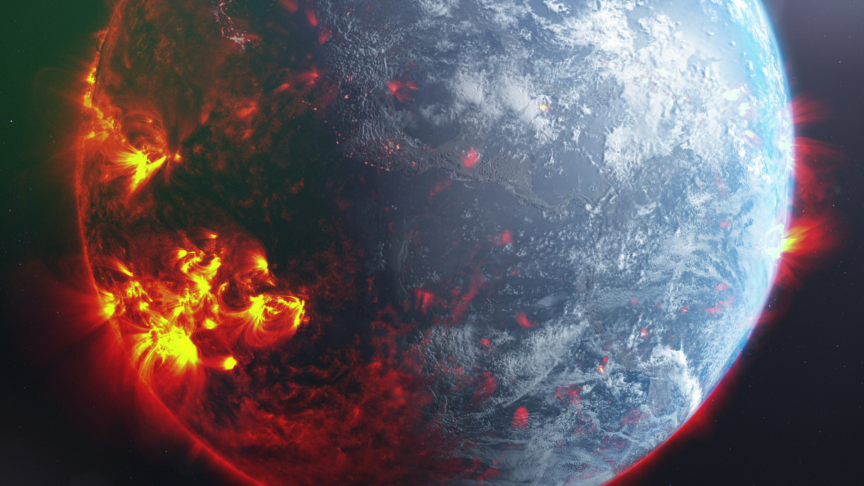
interestingengineering.com
Earth Has An Unexplainable, 27.5-Million-Year Cycle of Mass Extinctions
A new study of ancient geological events suggests that our planet follows a 27.5-million-year cycle: a slow and steady "pulse" of geological activity.
Science & Tech
Massive, planet-impacting events are largely thought to happen randomly over time. However, a study of ancient geological events suggests that Earth follows a 27.5-million-year cycle, according to a recent paper published in the journal Geoscience Frontiers. This indicates that our planet has an extremely slow and steady "pulse" of catastrophic events.
Strangely, this geological activity keeps the time and the geologic events are correlated, not random. Notably, they include volcanic activity, mass extinctions, plate reorganizations, and sea level rises.
This study was made possible thanks to substantial advancements in radio-isotopic dating methods since early work was hampered by limitations. A team of scientists led by Michael Rampino, a geologist and professor in New York University’s Department of Biology, collected records of major geological events over the last 260 million years and conducted new analyses using the most recent age-dating data available.
























































